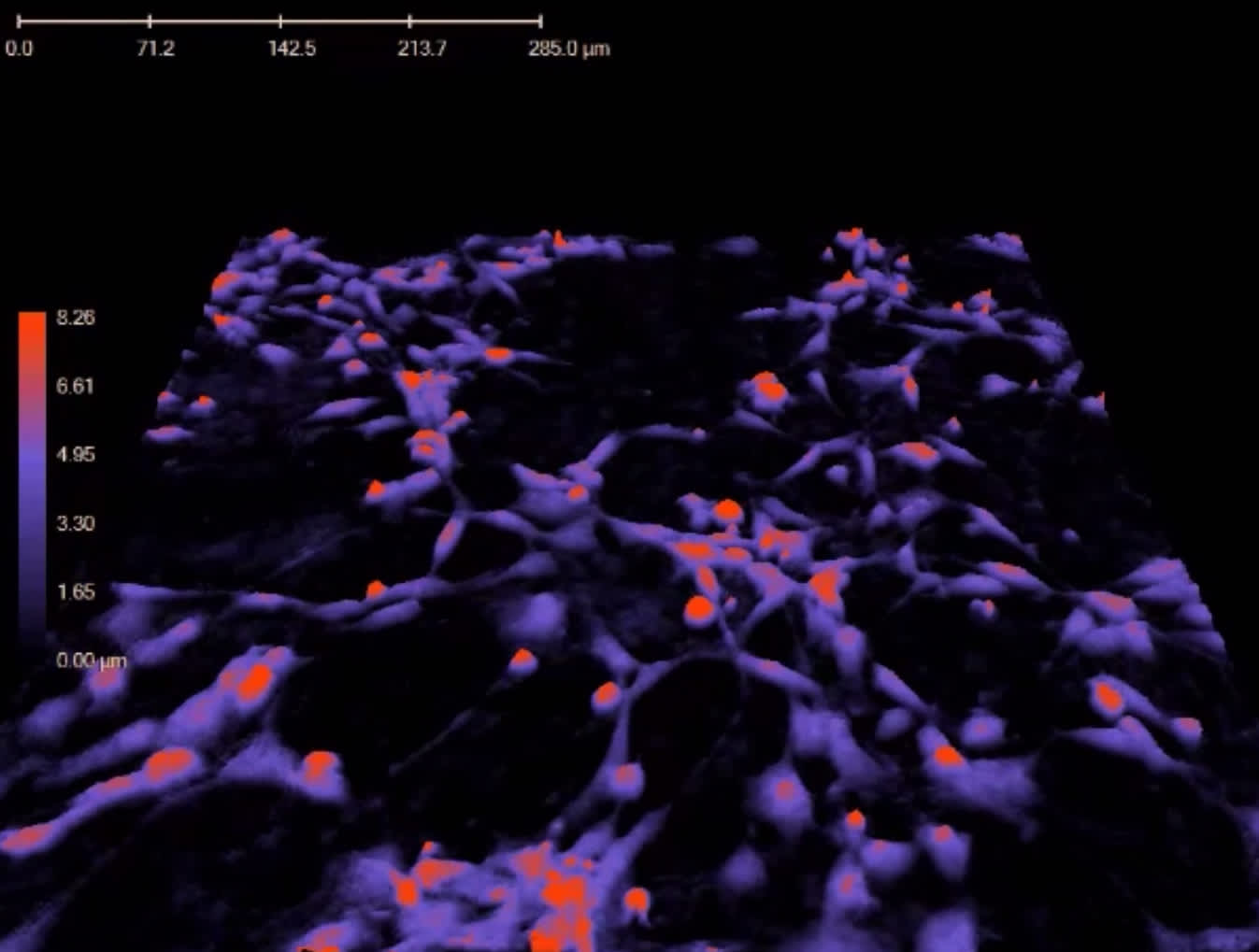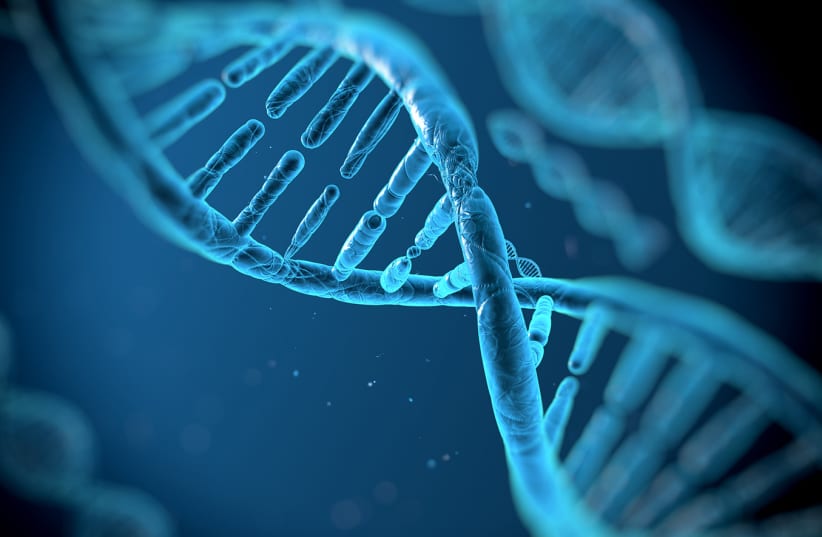
Ben-Gurion University scholars uncover the secret to personalized medicine
As researchers move forward with their studies, we come closer to gaining a deeper understanding of the human genome and providing the right personalized treatment for a myriad of medical conditions.

